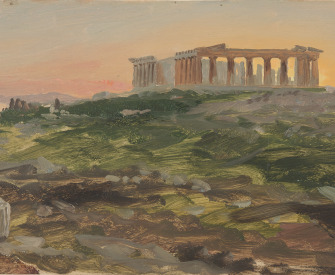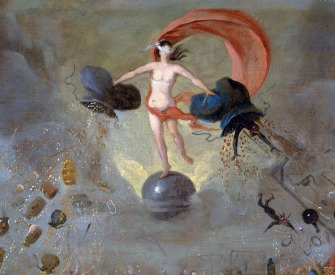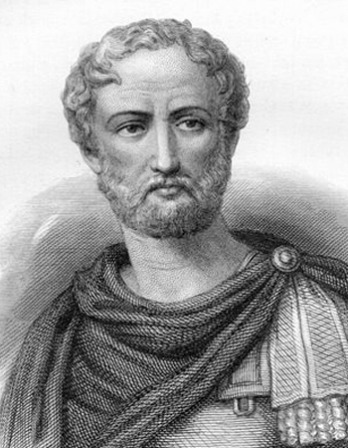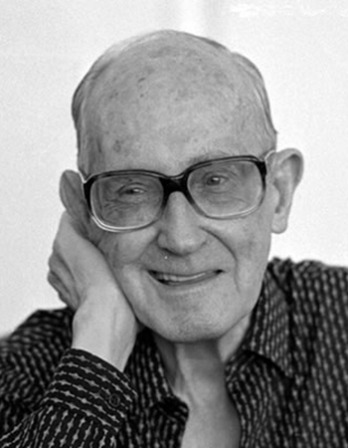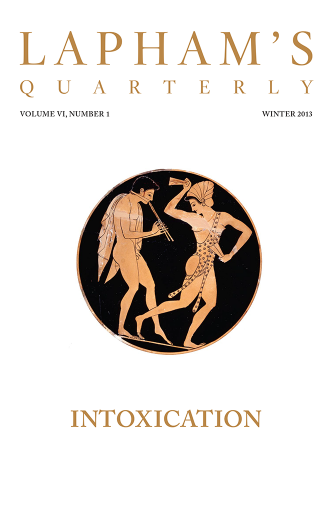Different people have different ideas: I estimate that he is most fortunate who enjoys the anticipation of a noble and enduring reputation and, certain of posterity, lives with the thought of his future renown.
For me, if the gift of immortality were not before my eyes, I would be pleased with dull, nourishing repose. I think that all men ought to consider either their immortality or their mortality—and there are those who indeed struggle to advance themselves, while there are others who shrink back and rest, not bothering to tire their brief lives with doomed labors, as I see many do, who, after creating a miserable and at the same time thankless appearance of diligence, come only to a sense of their own worthlessness. What I’m saying to you I say to myself daily, but I’ll leave off if you disagree; however, I don’t think you will, you who are always meditating on some illustrious and immortal thing.
Pliny the Younger, from a letter to Paulinus. Pliny as a young man witnessed the eruption of Mount Vesuvius, during which his uncle Pliny the Elder perished, leaving his nephew his estate. Becoming a well-known lawyer, Pliny eventually rose to the highest office of consul in 100. His letters combine poetic and oratorical styles and offer an intimate portrait of Roman public and private life.
Back to Issue

